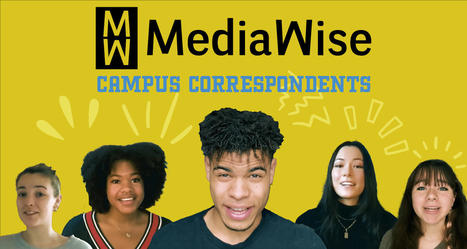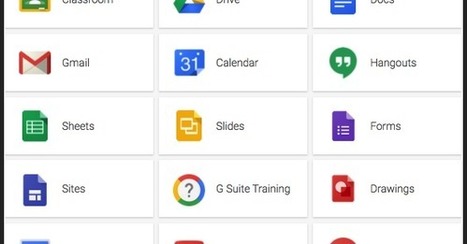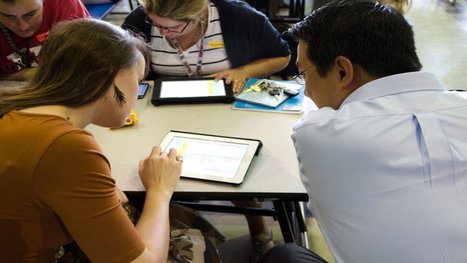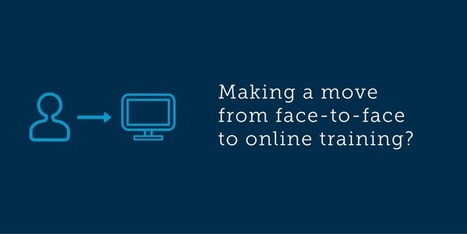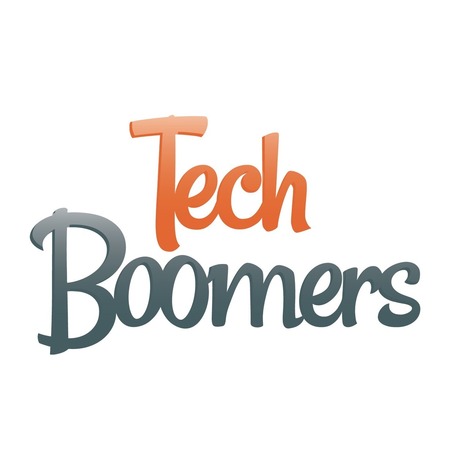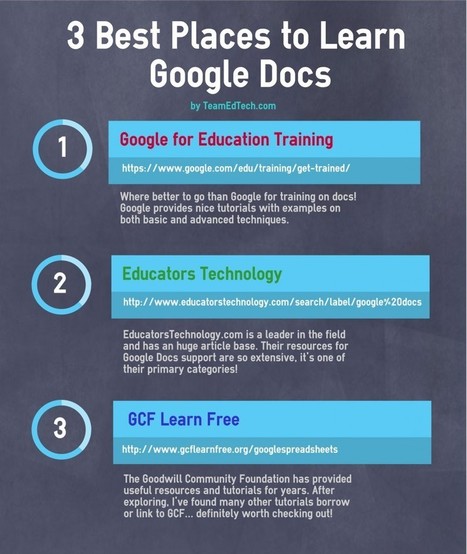One student wanted to know why so many nurses were spreading vaccine misinformation.
Other participants drew parallels to popular crime-fighting myths found in shows like “Criminal Minds.”
But most of the college students who participated in a fact-checking workshop from MediaWise, the social-first digital media literacy initiative of the nonprofit Poynter Institute, were simply happy to report feeling more digitally savvy after the hour they spent learning to spot fact from fiction online.
MediaWise and its Campus Correspondents have been working since 2020 to slow the spread of online misinformation. In 2022, the goal is to train at 100 diverse colleges and universities, and availability is now opening up for another 25 workshops.
Research and publish the best content.
Get Started for FREE
Sign up with Facebook Sign up with X
I don't have a Facebook or a X account
Already have an account: Login
Literacy in a digital education world and peripheral issues.
Curated by
Elizabeth E Charles
 Your new post is loading... Your new post is loading...
 Your new post is loading... Your new post is loading...

Bryan Worn's curator insight,
September 28, 2016 5:49 PM
A mentor told me some years ago to get over myself when it comes to speaking and presentations. She said that we are there to serve the room not to focus on ourselves. This short article will help if you are nervous about speaking or presenting. 
Bovee & Thill's Online Business Communication Magazines's curator insight,
October 2, 2016 3:27 PM
"But how specifically does emotional intelligence help us with our daily tasks? Here are three tips to make sure your next presentation is emotionally intelligent: . . . " 
Dr. Helen Teague's curator insight,
October 4, 2016 5:18 PM
The Learning Factor's insight: View your presentation from your audience's perspective instead of your own.
|
|




